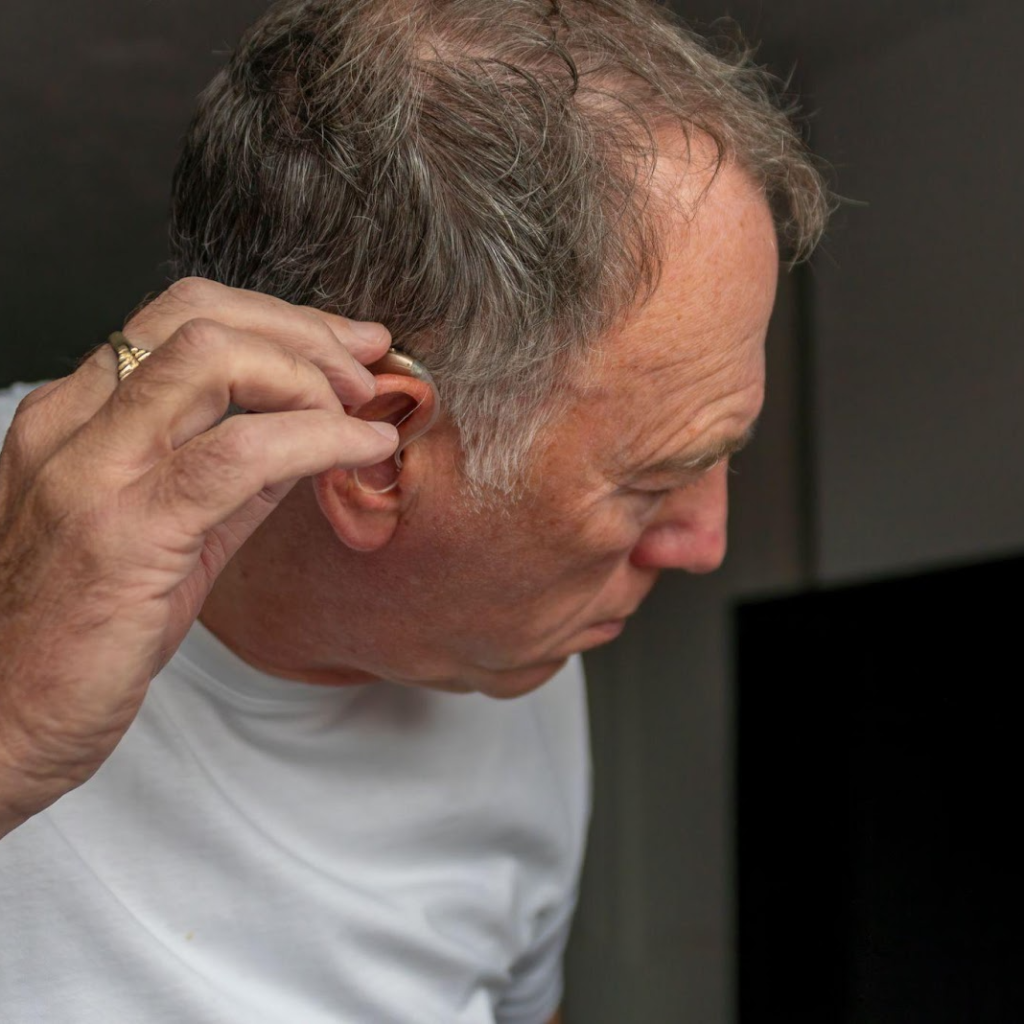Hearing aids may disconnect due to Bluetooth interference, low battery, outdated software, or physical damage. These issues can disrupt your listening experience and make it difficult to stay connected. To address hearing aid problems, try resetting the devices, updating their firmware, or minimizing interference from other wireless devices. If issues persist, consult a professional for personalized solutions and ensure your devices are functioning optimally.
Imagine being in the middle of an important conversation or enjoying your favorite music when suddenly, your hearing aids disconnect. It’s a frustrating experience that many users of Bluetooth hearing aids face. Modern hearing aids are designed to enhance your auditory experience with advanced features like wireless connectivity, but these innovations can sometimes lead to unexpected challenges.
Understanding why hearing aids disconnecting happens is the first step toward resolving the issue. Whether it’s interference from other devices, a depleted battery, or outdated software, there are several potential causes to explore. For those seeking expert advice, resources like Toronto hearing aids can provide valuable insights into maintaining and troubleshooting your devices. In this article, we’ll delve into common reasons for disconnections, how to troubleshoot hearing aid issues, and preventive measures to keep your devices running smoothly. Let’s dive in and uncover the solutions to help you stay connected.
Common Reasons Why Hearing Aids Disconnect
If you’ve ever experienced hearing aids disconnecting, you’re not alone. This frustrating issue can stem from several factors, and understanding the root cause is key to resolving it. Below are some of the most common reasons why your devices might lose connection:
Bluetooth Interference
Bluetooth hearing aids rely on wireless signals to connect to other devices like smartphones or TVs. However, these signals can be disrupted by interference from microwaves, Wi-Fi routers, or even other Bluetooth-enabled gadgets. If you notice your hearing aids disconnecting in specific locations or during certain activities, interference may be the culprit.
Low Battery Life
Like any electronic device, hearing aids require sufficient power to function properly. When the battery is running low, your hearing aids may struggle to maintain a stable connection. This is especially true for older models that use disposable batteries rather than rechargeable ones.
Outdated Software or Firmware
Manufacturers regularly release updates to improve performance and fix bugs. If your hearing aids are running outdated software, they may encounter compatibility issues with connected devices. Keeping your firmware up to date is essential for smooth operation.
Physical Damage or Misalignment
Dropping your hearing aids or failing to insert them correctly can lead to connectivity problems. Even minor damage, such as cracks in the casing or misaligned components, can interfere with their ability to function properly.
How to Troubleshoot Hearing Aid Issues

When your hearing aids disconnect, it’s important to act quickly to identify and resolve the issue. Here are some practical steps you can take for hearing aid troubleshooting:
Resetting Your Hearing Aids
Sometimes, a simple reset can resolve connectivity issues. Turn off your devices, remove them from their charging case (if applicable), and wait for about 30 seconds before powering them back on. This process clears any temporary glitches that may be affecting performance.
Checking for Software Updates
Manufacturers frequently release updates to improve functionality and address bugs. If your hearing aids have wireless capabilities, use the accompanying app or connect them to a computer to check for firmware updates. Keeping your devices up to date ensures they’re running the latest technology.
Minimizing Interference
Bluetooth hearing aids are susceptible to interference from other wireless devices. Try moving away from sources of interference, such as Wi-Fi routers, cordless phones, or even large appliances like microwaves. Additionally, ensure your connected devices (e.g., smartphones or TVs) are within the recommended range for optimal performance.
| Issue | Solution |
| Bluetooth interference | Move away from interfering devices |
| Low battery | Charge your hearing aids fully |
| Outdated software | Update firmware via the manufacturer’s app |
| Physical damage | Inspect for cracks or misalignment |
Preventive Measures to Avoid Future Disconnections
Preventing hearing aid issues before they arise is far more effective than dealing with frequent troubleshooting. By adopting a few proactive habits, you can significantly reduce the chances of your devices disconnecting and ensure they remain in top condition for years to come. Here’s how:
Regular Cleaning and Maintenance
Dust, earwax, and moisture are common culprits behind hearing aid problems. These substances can clog microphones, receivers, or charging ports, leading to connectivity disruptions. Clean your devices daily using a soft, dry cloth or a specialized cleaning tool provided by your audiologist. For deeper cleaning, schedule routine maintenance with a professional to ensure all components are functioning optimally.
Proper Storage and Charging Practices
Always store your hearing aids in a dry, cool place when not in use. Excessive heat or humidity can damage internal components and shorten battery life. If your devices are rechargeable, avoid overcharging them, as this can degrade the battery over time. Instead, follow the manufacturer’s guidelines for charging duration and frequency to maintain battery health.
Partnering with a Trusted Audiologist
Regular check-ups with an experienced audiologist can help identify potential issues before they escalate. Audiologists can provide personalized advice on maintaining your devices, recommend upgrades if needed, and ensure your hearing aids are properly calibrated to your unique needs. This ongoing support is invaluable for preventing future disconnections and optimizing your listening experience.
Final Thoughts: Staying Connected for Better Hearing
Hearing aids are not a device but tools that help you remain in touch with the world around you. Be it the laughter of a loved one, nature, having no trouble conversing with others or not, it is always important to have all your hearing aid concerns in check so that those times can be enjoyed.
When a hearing aid gets damaged, it is not just a mere nuisance; it can affect your life in general. Hearing loss can also be caused by untreated factors that lead to social isolation and cognitive decay, and therefore, it is all the more vital to make sure that your devices are in good condition. Keeping software up to date, cleaning the area, and acting proactively can do a lot in disruptive prevention.
When there are chronic issues, there is no reason to hold back in an attempt to seek professional advice. Audiologists are crucial in the diagnostic process of complex hearing aid cases and the resolution of such cases, as well as the provision of individual solutions that would suit your needs. Their knowledge can guarantee that your devices are at an optimal level of operation and are in perfect condition to offer you an optimal level of listening ability.



